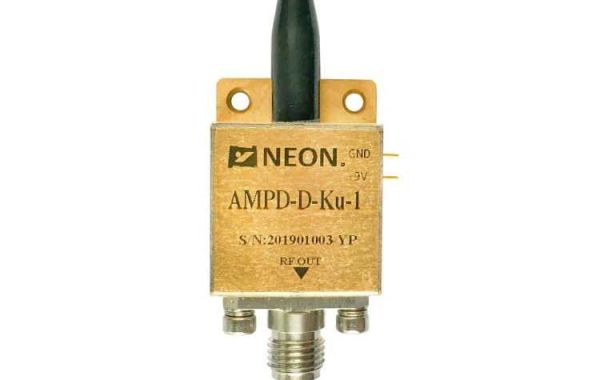The HIGH SPEED PHOTODETECTOR refers to the photogenerated current generated by the photodetector under the illumination of incident light, and the dark current can be defined as the leakage current of the detector without incident light. Its size affects the sensitivity of the optical receiver and is one of the main indicators of the detector. Dark current mainly includes the following: ① Minority carrier diffusion current at the boundary in the depletion region; ② Carrier generation-recombination current, by eliminating the lattice defects of the silicon material during processing, the generation of carriers can be effectively reduced -Recombination current, usually generated for high-purity single crystal silicon -Recombination current can be reduced to below 2*1011A/nm2; ③Surface leakage current, at the end of the manufacturing process, passivation treatment on the chip surface can reduce the surface leakage current down to the order of 1011A/nm2. Of course, dark current is also affected by detector operating temperature and bias voltage.
The dark current and noise of the detector are inseparable. Usually, the noise of the photodetector is mainly divided into dark current noise, shot noise and thermal noise: a Dark current noise: For a photodetector, the minimum acceptable The optical power is determined by the dark current of the detector, so reducing the dark current of the detector can improve the sensitivity of the optical receiver; b shot noise: when the detector receives incident light, the shot noise is generated by the generation of photons - During compounding. Since the number of photo-generated carriers obeys the Poisson statistics, there is shot noise in the generation process of photo-generated carriers; c thermal noise: Since the random motion of electrons in the conductor will generate fluctuations in the voltage across the conductor, the Thermal noise will be generated. The resistance included in the circuit model of the photodetector is a major source of its thermal noise.








